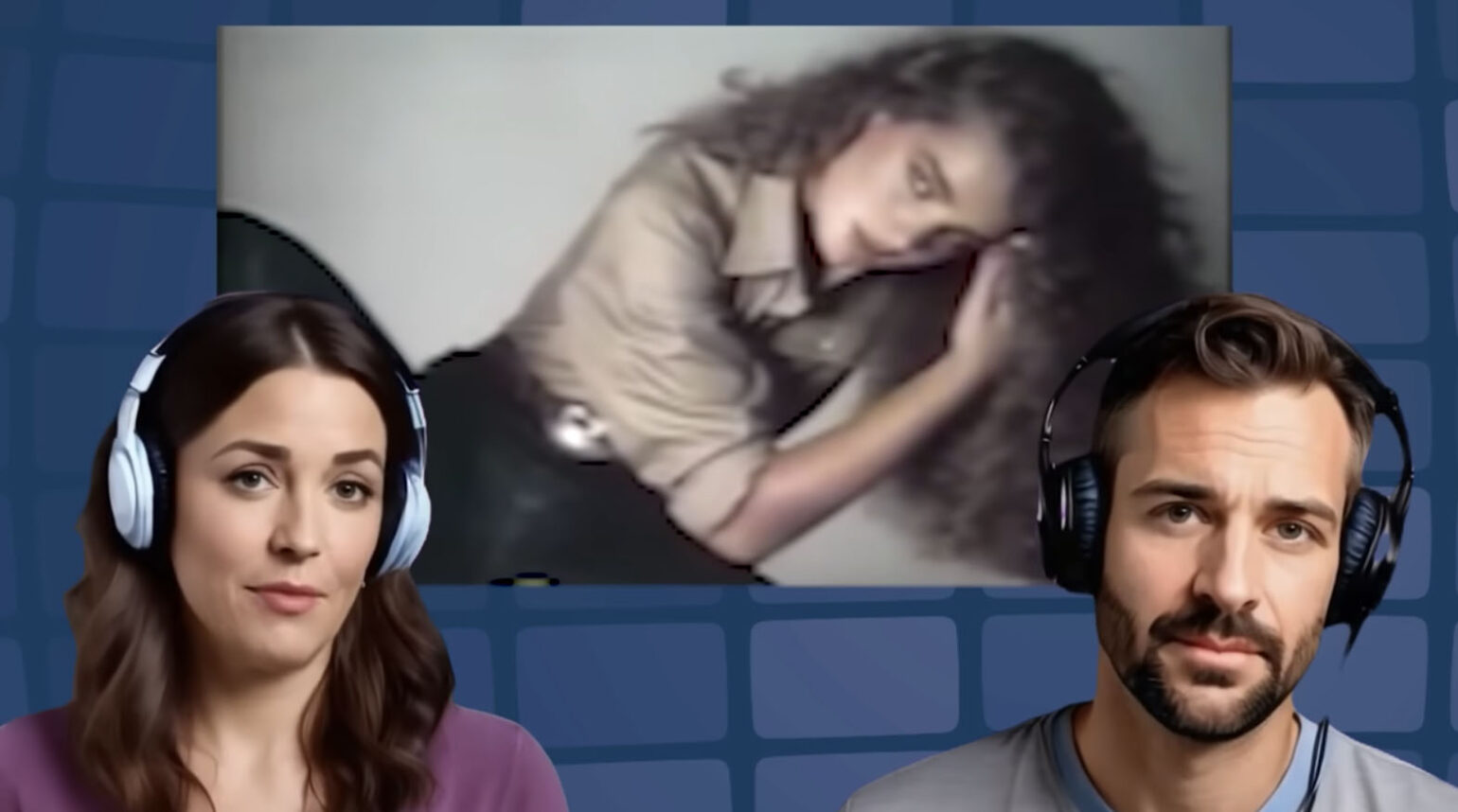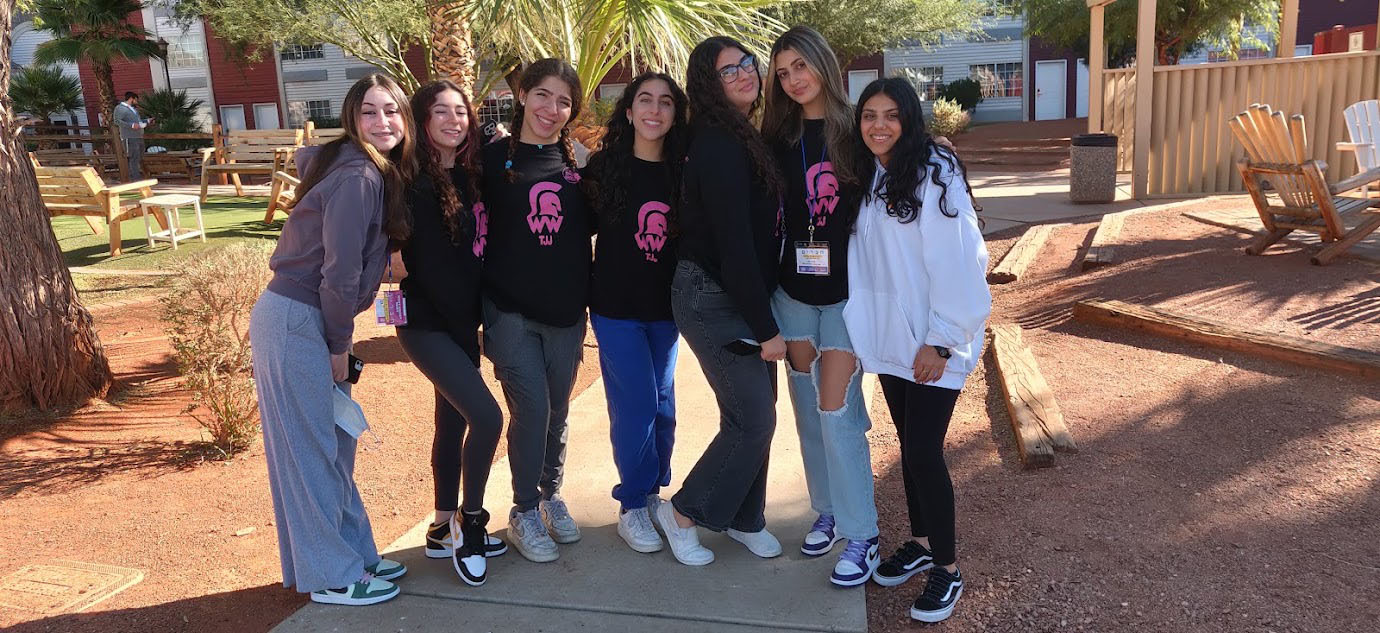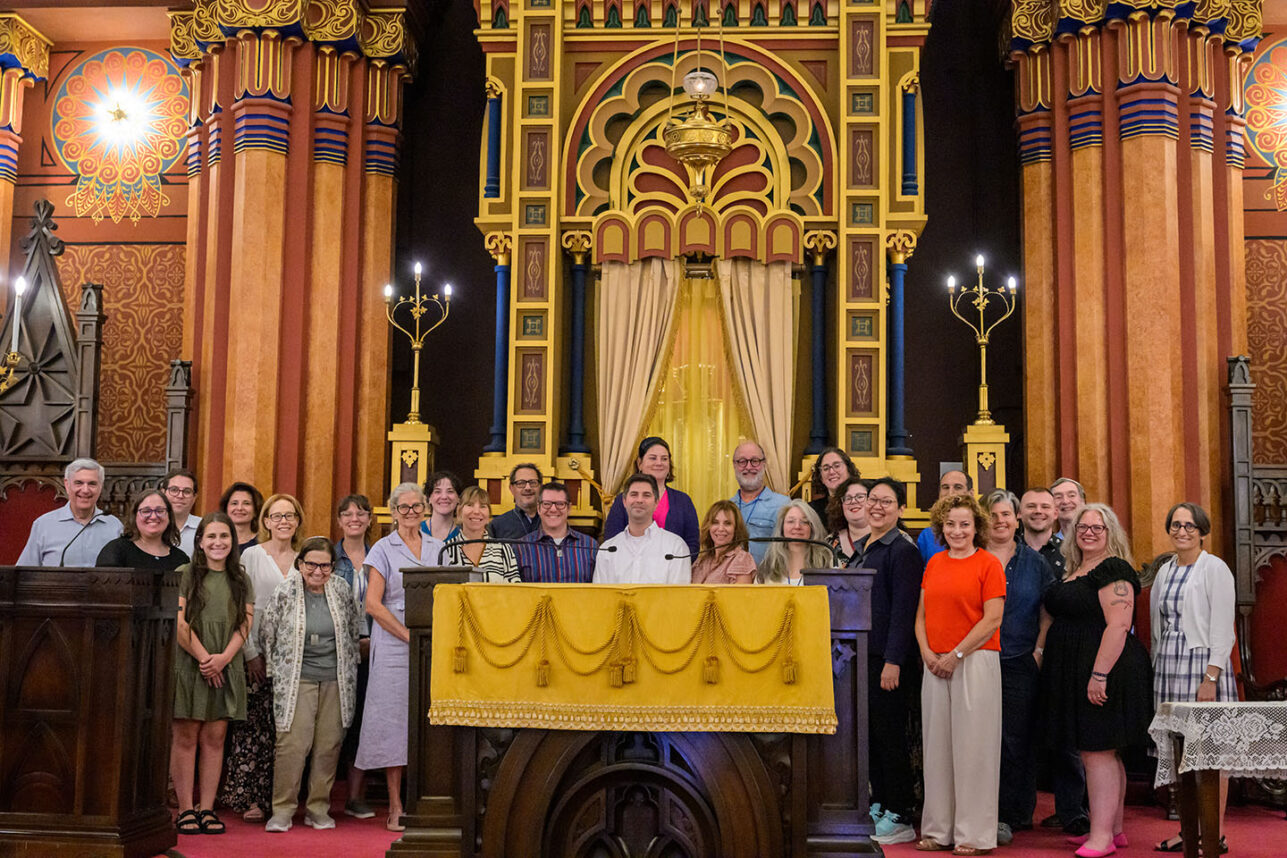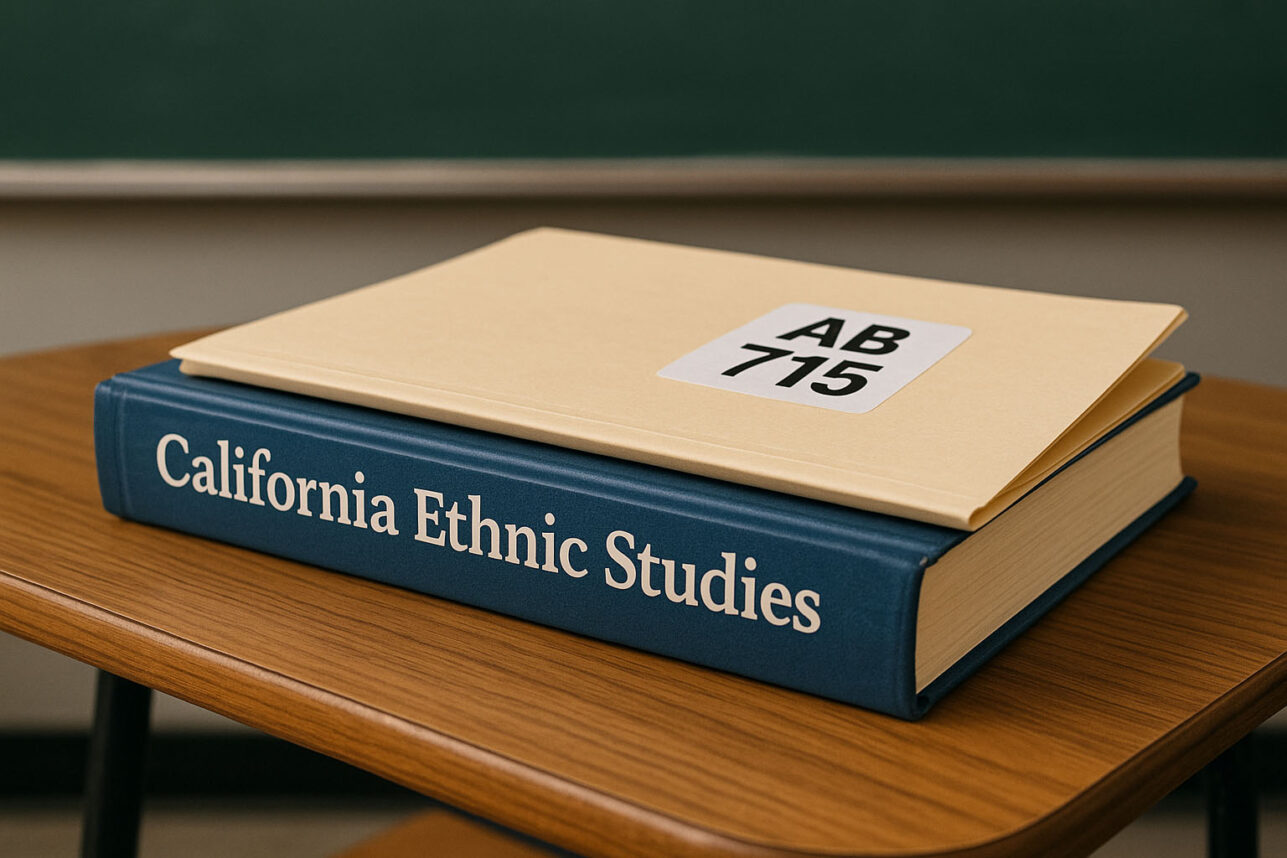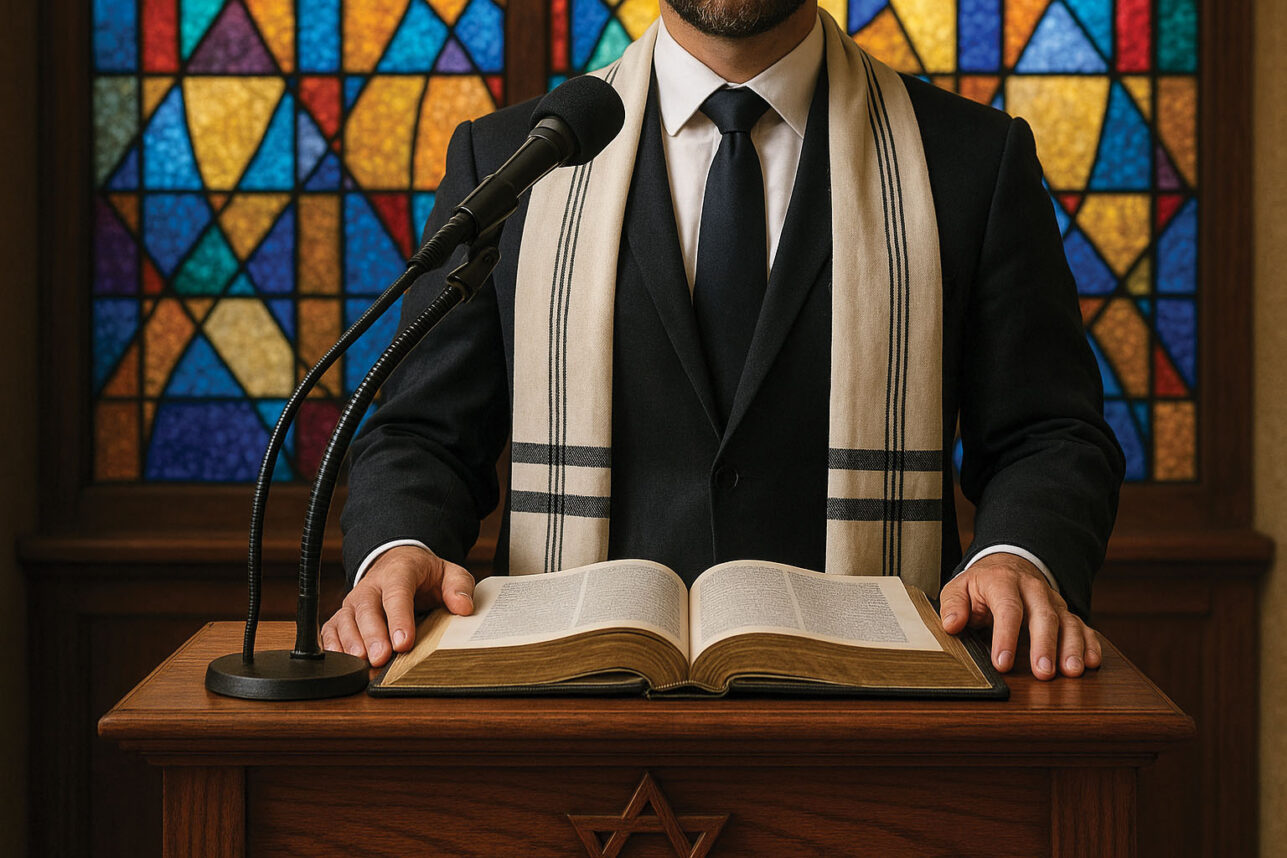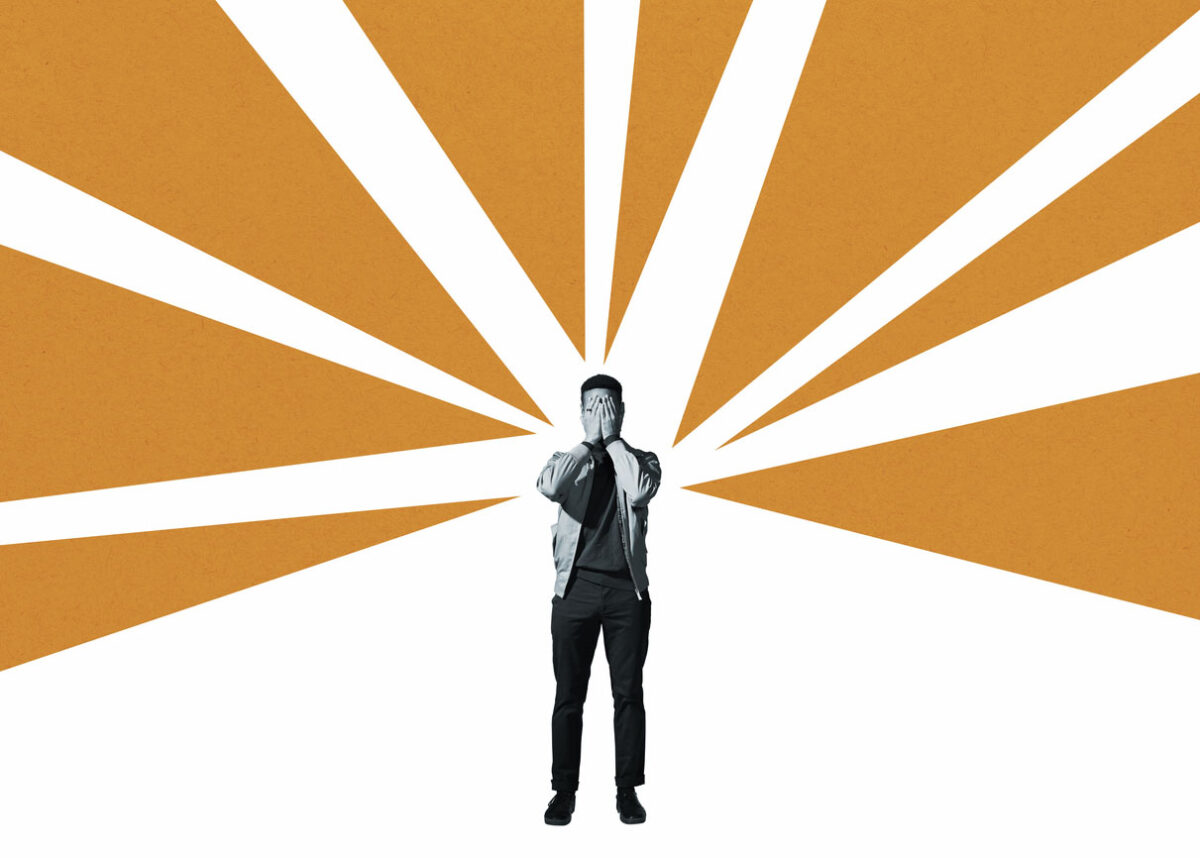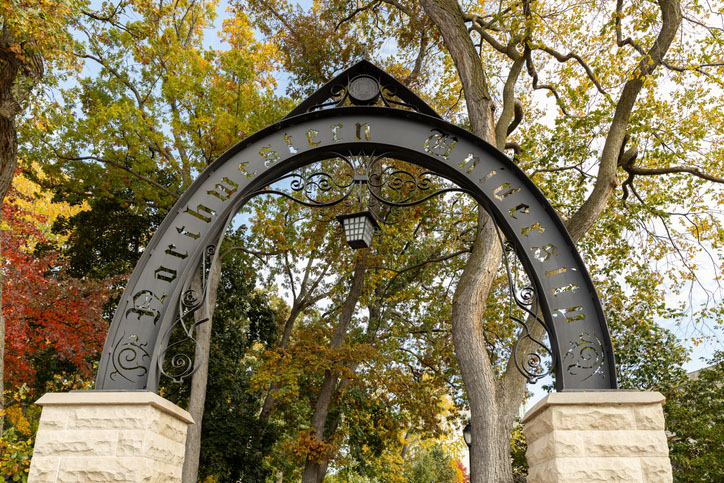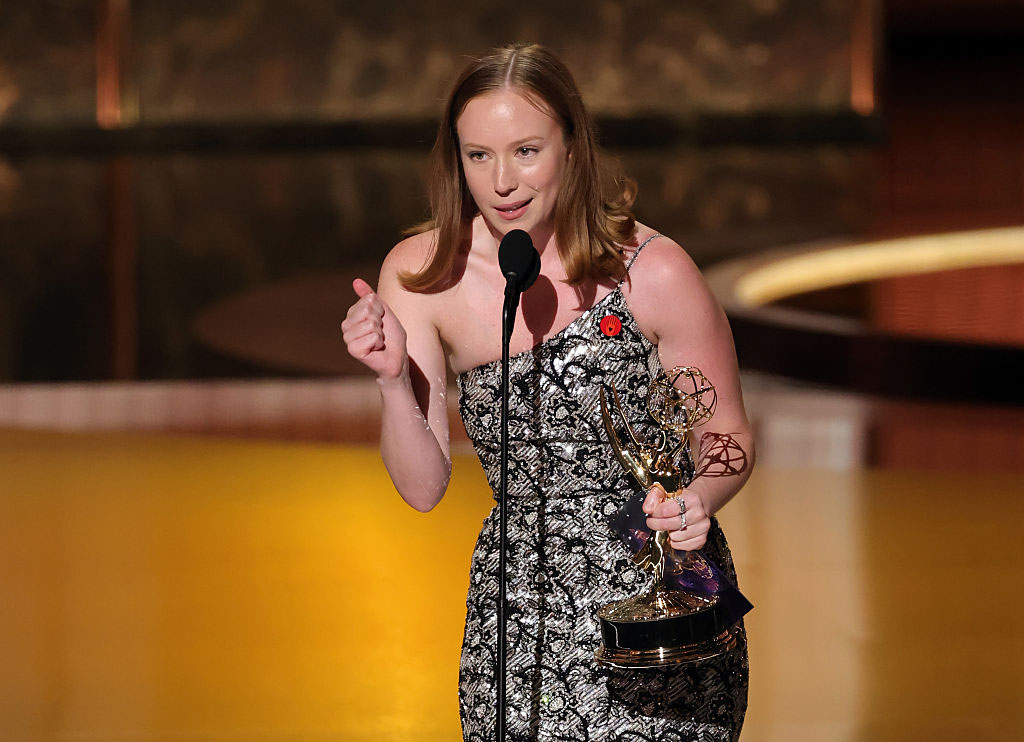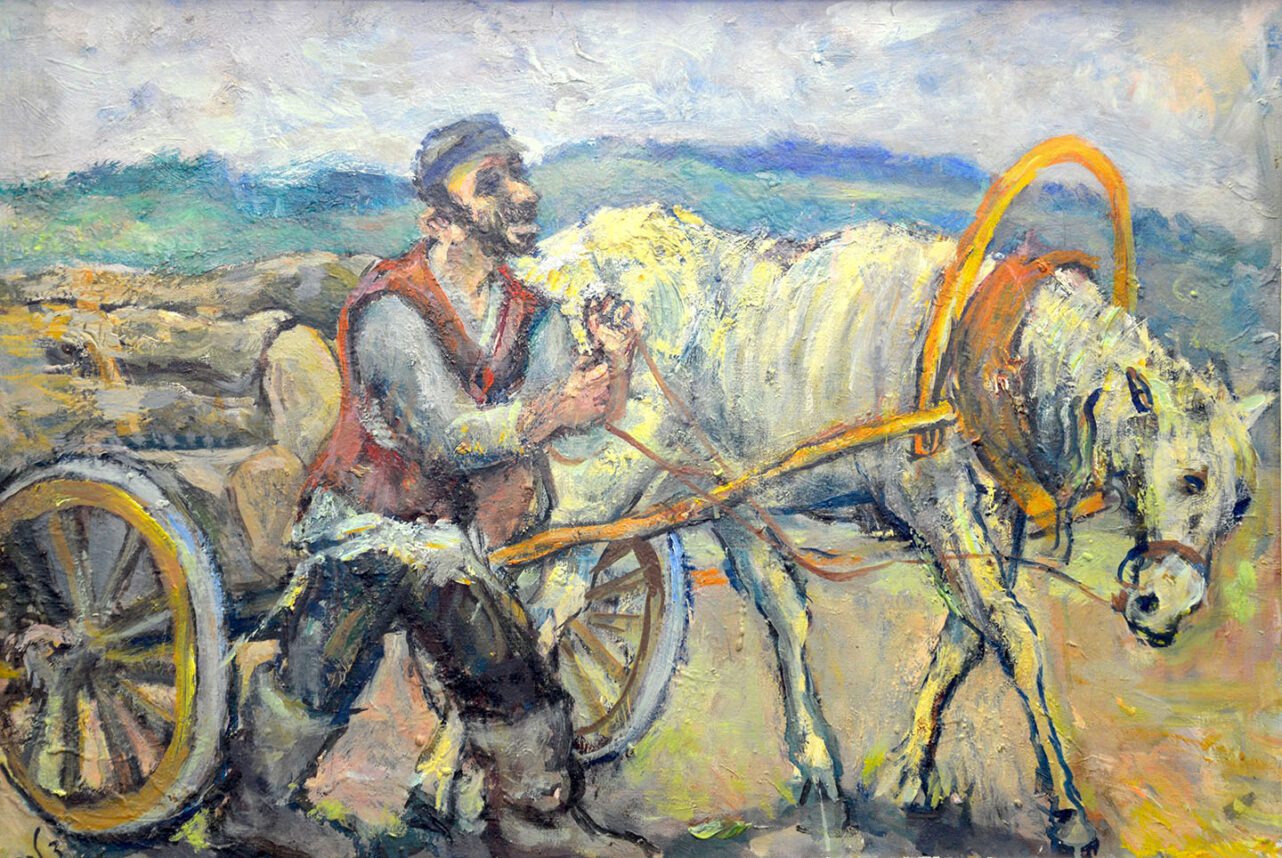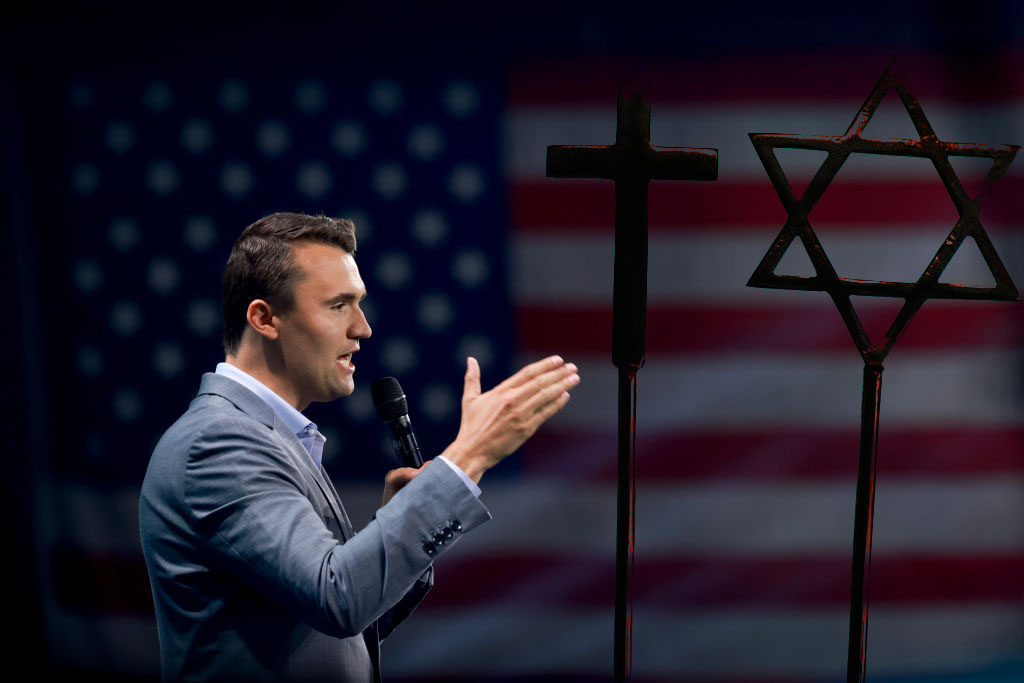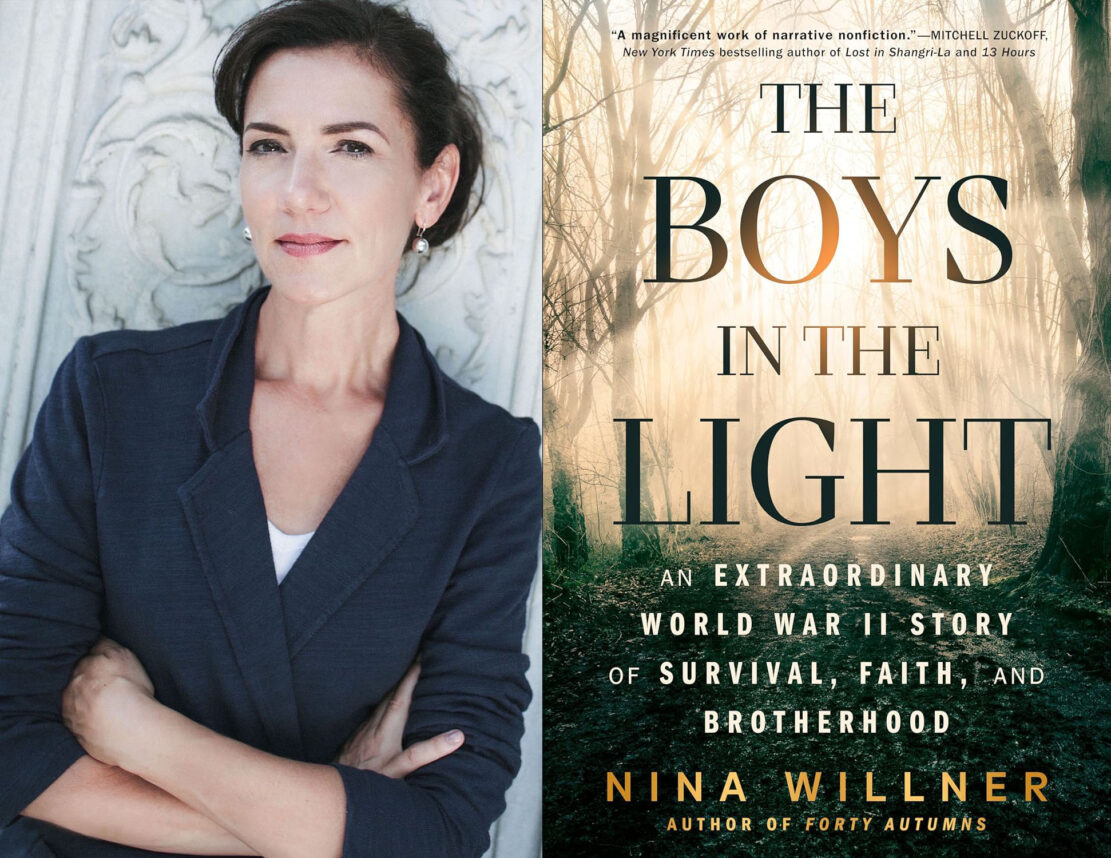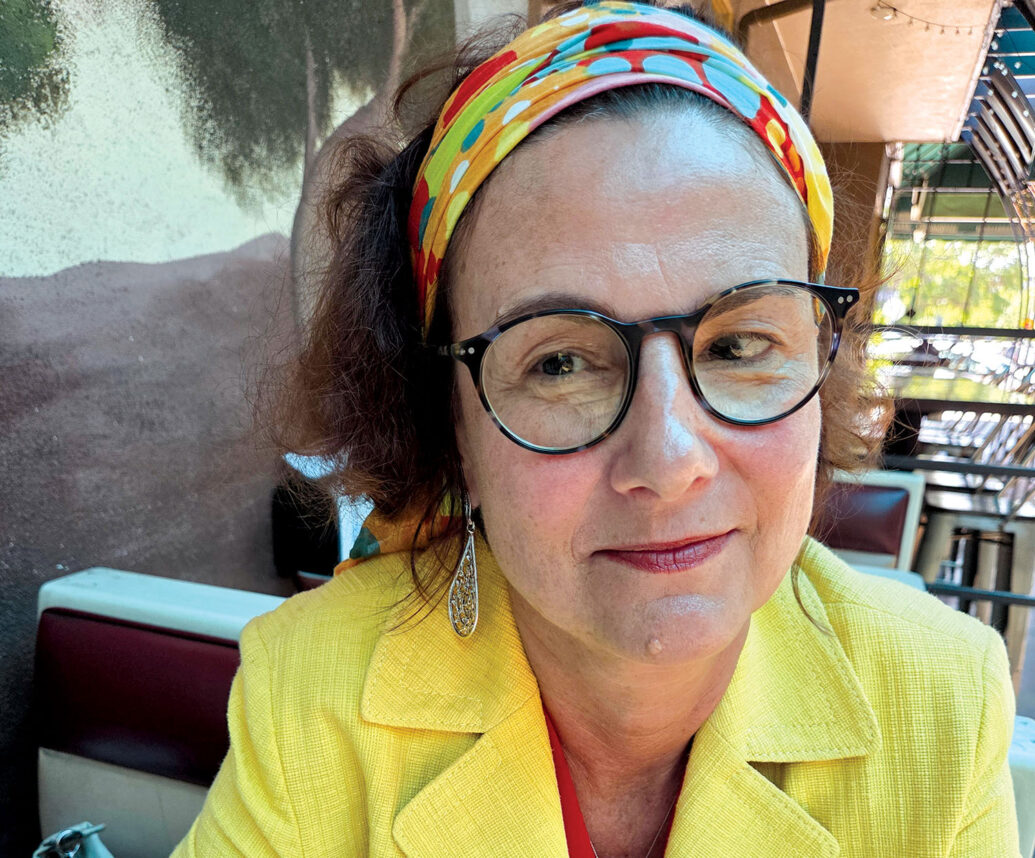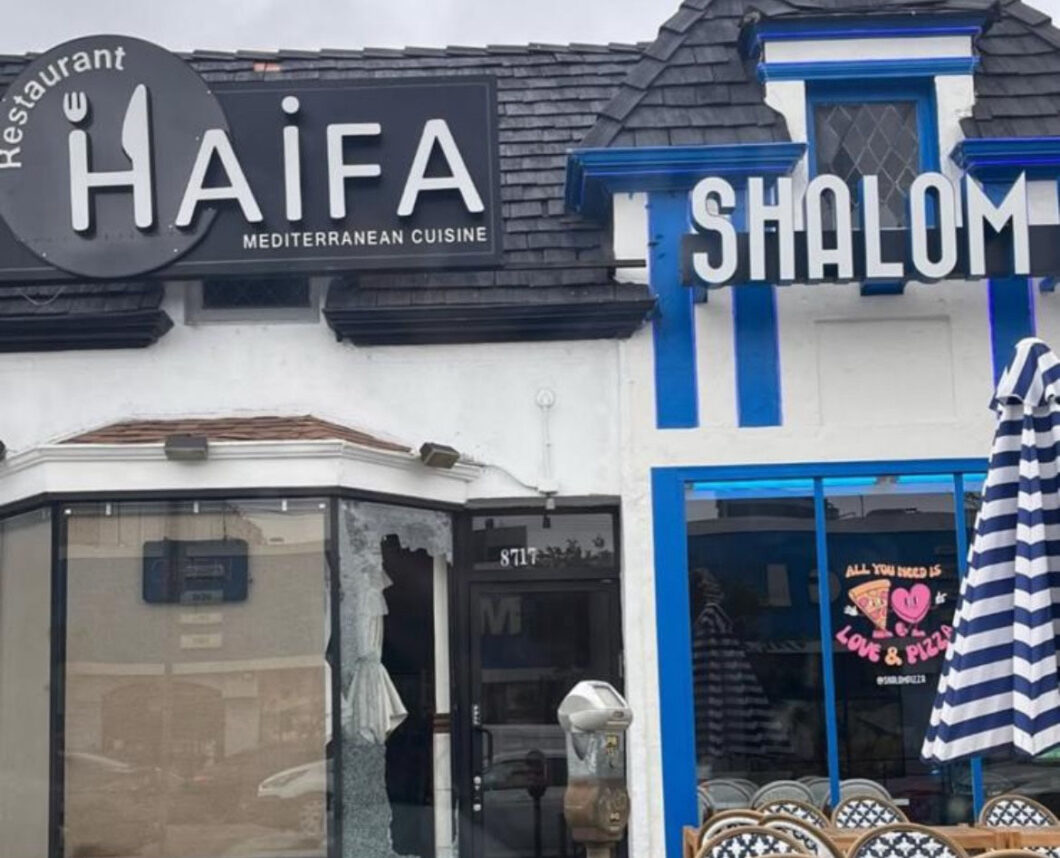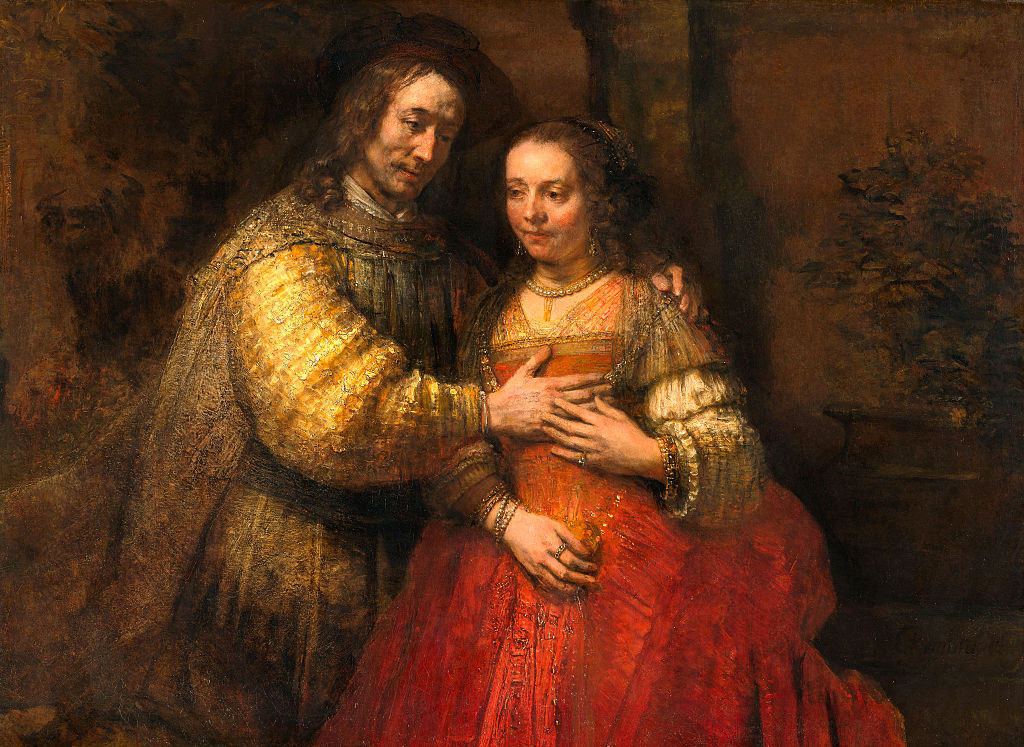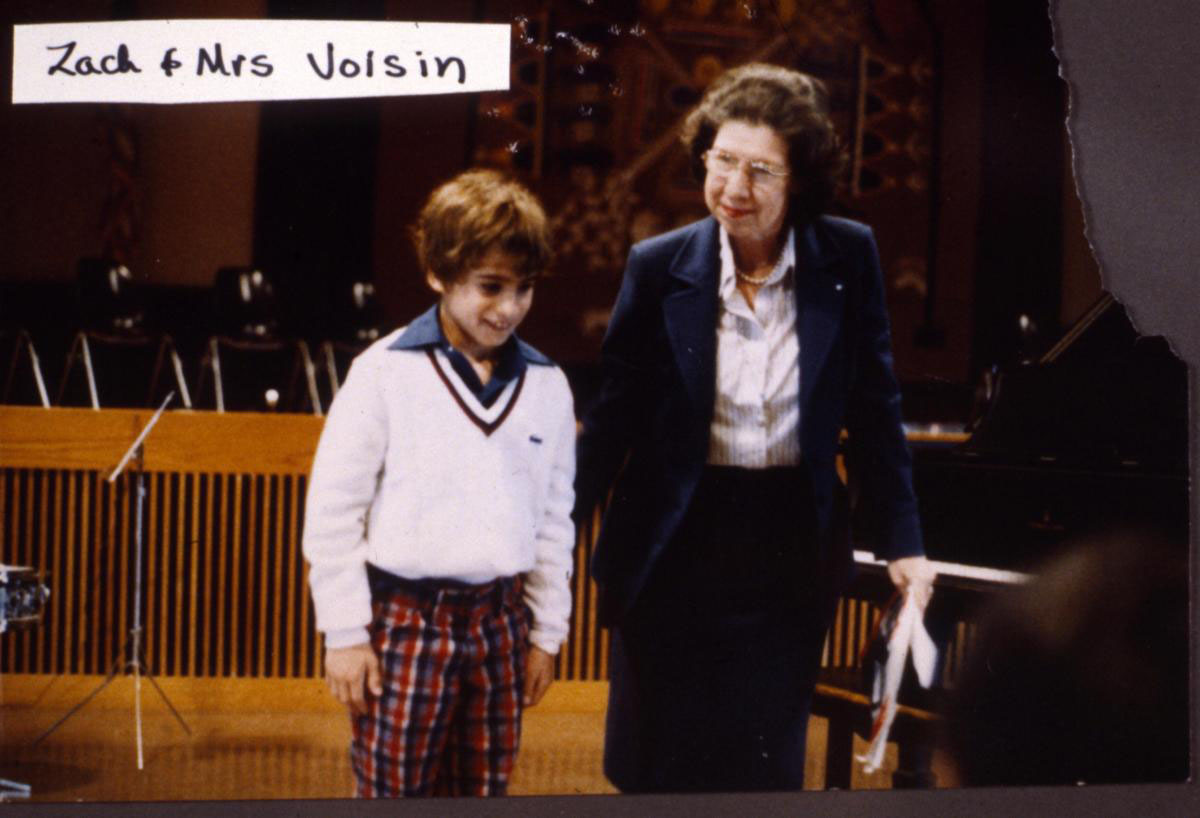Tyne Rafaeli, 33, received her master’s degree in theater from Columbia University just last year, but already she is emerging as a wunderkind director to watch. She is the touring director of Bartlett Sher’s Broadway production of the musical “The Bridges of Madison County,” based on Robert James Waller’s 1992 best-selling novel, opening at the Ahmanson Theatre on Dec. 10. As such, she has guided the mostly new cast through the research and staging of the saga of an Italian immigrant housewife in 1960s Iowa whose staid life is shaken up by a torrid affair with a roving photographer. The musical has a book by Marsha Norman, with lyrics and Tony Award-winning music by Jason Robert Brown (“Parade”).
Concurrently, Rafaeli is serving as associate director of Sher’s revival of “Fiddler on the Roof,” which will open Dec. 20 at the Broadway Theatre in New York.
“Fiddler” marks Rafaeli’s sixth collaboration with Sher — she’s also been associate director of his revival of “The King and I” and the musical adaptation of Pedro Almodovar’s Oscar-nominated “Women on the Verge of a Nervous Breakdown.”
Sher is known for his eclectic work, which has included not only musicals, but also dramas and even opera, and, Rafaeli said, “Fiddler” and “Bridges” could not take place in more vastly different environs. “Fiddler,” of course, is set in the fictional Eastern European shtetl of Anatevka at the turn of the last century and revolves around an observant Jewish family in flux; while “Bridges” unfolds in the small-town American Midwest.
But, Rafaeli said, she profoundly identifies with the characters in both productions, both as a woman and a Jew.
 Tyne Rafaeli
Tyne Rafaeli
In a telephone interview between rehearsals of “Fiddler” in New York, Rafaeli described how she experienced a direct familial connection to that musical during her extensive research about shtetl life for the production. “I explored the cultural, religious and social aspects, as well as the role of the family, which is really my family’s story,” she said.
Her father’s Byelorussian forebears “lived in that kind of shtetl and were divided between Zionists and socialists,” she said. “The socialists came to New York, and the Zionists went to Palestine.”
Rafaeli’s mother was raised in New York, while her father grew up in Tel Aviv and on a kibbutz in the Galilee; each “followed rock and roll to London in the 1960s,” met in film school in that city and stayed. The director is, by her own account, a “city girl” who grew up in London, lives in New York and has never been to Iowa.
Nor had she read Waller’s weepy romance before Sher approached her to work on “The Bridges of Madison County” a couple of years ago, although she had seen the 1995 film version starring Meryl Streep and Clint Eastwood. When it comes to romance novels, Rafaeli said, she prefers the “subversive” work of Jane Austen.
And yet she felt a profound connection with the material in its exploration of “the struggle between freedom and security, which is a Freudian idea,” she said. “It’s, ‘Do I stay with my family because I love them, or do I follow my heart?’ And that’s also extended into the conversation about a woman’s role in the center of this story. It’s really about a woman having agency or not having agency, and the lack of choice in 1965 for a woman in rural Iowa.”
The heroine, Francesca, hails from Naples after World War II, when her dull but stalwart future husband “came and gave her a way out of abject poverty and real deprivation and plight,” Rafaeli said. “And so she comes to this foreign culture in America and makes a new life for herself. But, years later, this new man, Robert, arrives and awakens something inside of her that makes her look at what she’s given up, and to reimagine the choices she has available to her. … Robert represents the person who can experience life and look outside of this small town and to the wider world.”
As Rafaeli immersed herself in research for the production, “Betty Friedan’s ‘The Feminine Mystique’ was really our Bible, in terms of what women’s lives and frustrations were about at that time,” she said. “It helped to contextualize our [heroine’s] narrative in a powerful way, because that book gave women a platform to express what had been previously inexpressible: the profound sacrifice that housewives had made for their families.
“I also did a lot of research about Naples, during and after World War II, which was one of the worst-bombed cities in Europe,” she added. “I hadn’t realized the extent to which people were actually starving and that women were forced into prostitution to survive. If Francesca had remained in Naples, she could have been two steps away, potentially, from having to prostitute herself and to beg for food.”
The gratitude Francesca feels toward her husband for providing her with stability after all the postwar chaos complicates her extramarital affair.
Rafaeli trained as a serious competitive gymnast while growing up in a “deeply cultural and intellectual” Jewish home in England, which led her to explore dance and to study acting at the Guildhall School of Music & Drama in London, where she discovered her love for directing.
She was in her second year of graduate school at Columbia when veteran director Sher arrived to speak about his work at one of her classes. She hadn’t previously heard of Sher, but was quickly captivated by his wide-ranging approach to theater. “I was so struck and arrested by him,” she said. Their future collaboration was sealed when the two directors sat down for a meeting not long thereafter. “We discovered that we have a very similar value system and frame of reference,” Rafaeli recalled. “Our approach is very talmudic. We both are deep questioners, so when we’re working together, we’re in constant conversation and questioning the material and our choices.”
While Rafaeli was still at Columbia, Sher asked her to serve as his associate director on his Broadway revival of Clifford Odets’ “Golden Boy,” where she became deeply involved in the design process as well as the script work. “Bart put me in charge of looking for every draft of ‘Golden Boy’ that Odets ever wrote, and my research was biblical in proportion,” she said. “I went through a very rigorous process of notating in a very intricate way every change that Odets had made to his play, and we put some of that material back into the production.”
Rafaeli went on to serve as Sher’s associate director on the recent Broadway revival of “The King and I,” for which she researched the concept of polygamy as a political institution as well as how the monarch’s wives lived in virtual sexual slavery.
“The connective tissue between all these pieces is that they ask very important questions about how we live now,” Rafaeli said. “By reviving certain classics and looking back, it can teach us something about our existence in the 21st century.”
In “Bridges,” both the warmth and the judgment of small-town life is represented by cast members who sit on the sides of the stage and operate like a Greek chorus, symbolizing the community.
“But the center of this piece is the duet between Francesca and Robert,” Rafaeli said. “The challenge is to track and shape how the relationship evolves and transforms; it’s the most intricate part of the work.”
“ ‘Fiddler on the Roof’ also brings up issues that resonate today,” she said. “We’ve just experienced the greatest refugee crisis since the Second World War; we can’t ignore these shocking and arresting images that come to us from Syria and the Mediterranean and not have a conversation with that as we talk about Jewish migration in the early 20th century.”
For tickets and information on “The Bridges of Madison County” visit centertheatregroup.org.








